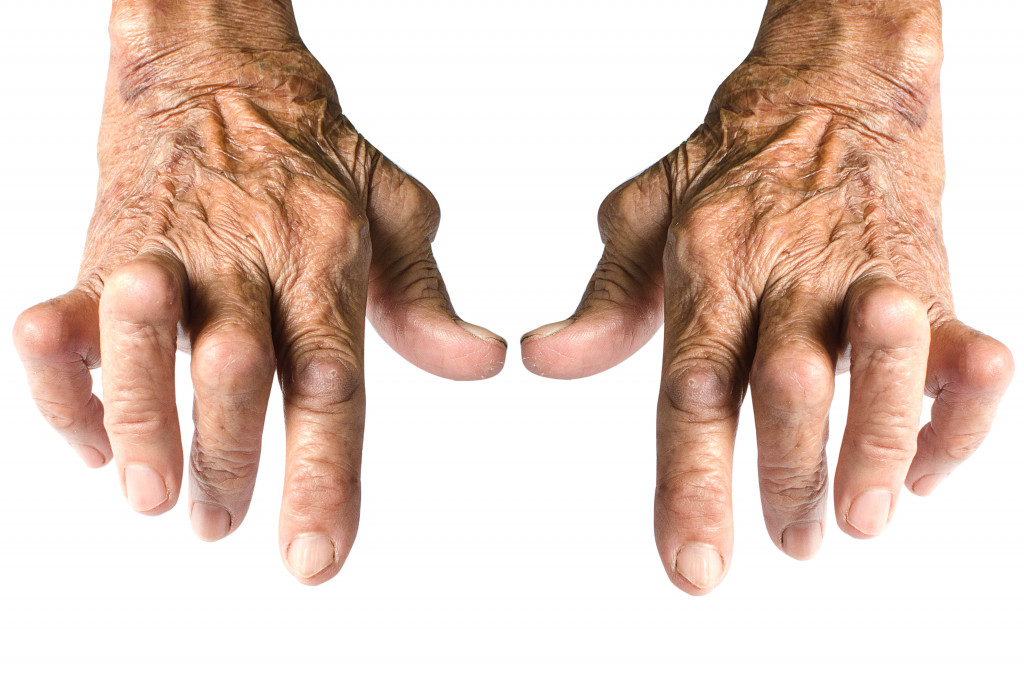If you’re experiencing chronic pain and fatigue, you may wonder if you have fibromyalgia. This condition affects millions of people worldwide, and unfortunately, there is no cure. However, treatments available can help manage the symptoms and improve your quality of life. Here’s everything you need to know about fibromyalgia, including its causes, symptoms, and treatment options.
What is Fibromyalgia?
Fibromyalgia is a chronic condition, one that is often accompanied by other symptoms like sleep problems, headaches, and depression. There is no known cure for fibromyalgia, but there are treatments that can help manage the symptoms.
What Causes Fibromyalgia?
The exact cause of fibromyalgia is unknown. However, it is thought to result from genetic and environmental factors. There is also evidence to suggest that it may be caused by an imbalance of certain chemicals in the brain.
What are the Symptoms of Fibromyalgia?
The most common symptom of fibromyalgia is chronic pain. This pain is often described as a deep ache that affects the muscles and joints all over the body. The pain may be worse at certain times of the day, such as in the morning or after spending time sitting or standing in one position for too long.
Fatigue is another common symptom of fibromyalgia. People with this condition often feel exhausted after a full night’s sleep. They may also have difficulty concentrating or remembering things (known as fibro fog). Other common symptoms include headaches, sensitivity to light and sound, depression, anxiety, and digestive problems.

How is Fibromyalgia Treated?
There is no one-size-fits-all approach to treating fibromyalgia. But there are various ways your Fibromyalgia is treated. Here are some of those ways.
Medication
One of the simplest ways to deal with this chronic disease is through medication. Here are three of the most common medications used for fibromyalgia
• Antidepressants like duloxetine and milnacipran can help improve sleep and manage pain.
• Muscle relaxers, like cyclobenzaprine, can help relieve muscle tension and spasms.
• Pain relievers can address any discomfort, like acetaminophen and nonsteroidal anti-inflammatory drugs.
Cognitive Behavioral Therapy
This therapy helps change negative thoughts and behaviors related to chronic pain. The therapy does this by teaching coping skills and pain management techniques. It’s helpful if you’re also experiencing depression, anxiety, and fibromyalgia.
Physical Therapy
Those who lack mobility can ask for a physical therapist. This specialist can work with you on exercises that improve strength, flexibility, and overall function. They can also teach proper body mechanics to reduce joint and muscle stress.
These treatments are essential in dealing with fibromyalgia. However, they can be expensive. You can use your social security disability benefits to cover the costs. If you have fibromyalgia and can no longer work, consider applying for disability benefits as soon as possible. You can then make a file for social security claims. These claims can then provide financial aid for the treatment of your fibromyalgia.
Living with fibromyalgia can be difficult, but there are ways to manage its symptoms and improve your quality of life. However, prevention will always be better than cure. Here are some ways you can prevent fibromyalgia.
Reduce Stress
Stress originates from various sources and can worsen fibromyalgia symptoms. People get stressed because of work, relationships, and financial problems. Cut off unnecessary stress by identifying its source and finding ways to address it. Additionally, do these three activities to reduce stress in your life:
Yoga
Doing some light exercises can boost your mood and improve your sleep. Yoga brings both physical and mental benefits to reduce stress and manage pain.
Meditation
Meditating daily can help you relax and focus on the present moment instead of worrying about the future or ruminating about the past.
Talking Therapy
Talking with a therapist, trusted friend, or loved one can help manage stress, build positive coping skills, and improve overall mental health.
Get Quality Sleep
Lack of sleep can worsen fibromyalgia symptoms like fatigue and muscle pain. Thankfully, with enough practice, you can start getting the quality sleep you need at night and avoid fibromyalgia. Here are three things you need to do to get quality sleep.
Establish a Sleep Schedule
Create a routine by going to sleep and waking up at the same time every day, even on weekends. This helps regulate your body’s internal clock.
Comfortable Sleeping Environment
Make sure your bed and pillows are comfortable, keep your bedroom cool and dark, limit noise, and turn off electronic devices an hour before bedtime.
Avoid Caffeine and Alcohol
These substances can interrupt sleep quality, so avoid them at least six hours before bedtime.
Overall, fibromyalgia is not easy to live with, but proper treatment and prevention measures can help improve your quality of life. Remember to seek medical attention and apply for social security disability benefits if needed. It’s also important to reduce stress and get quality sleep to prevent fibromyalgia symptoms. Stay informed and take care of yourself, both mentally and physically.

